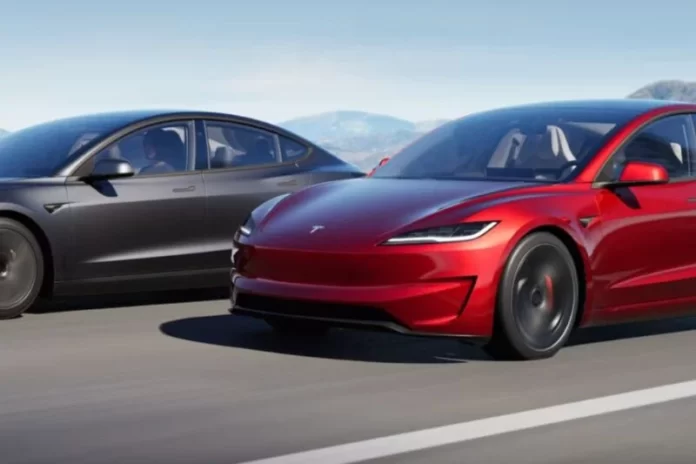Tesla began selling cars in Saudi Arabia on Thursday, entering a market where electric vehicle infrastructure remains sparse.
On a 900-kilometre stretch of highway between Riyadh and Mecca, there is not a single charging station. EV sales in the kingdom totaled just 2,000 units last year, far fewer than Tesla typically sells in a day.
Saudi Arabia, however, has ambitious plans for electric vehicles, investing an estimated $39 billion in the sector under its Vision 2030 program. Tesla’s entry into the market comes after years of strained relations between Elon Musk and the kingdom’s Public Investment Fund, stemming from Musk’s 2018 claim of having secured funding to take Tesla private.
Improved political ties, driven by Musk’s alignment with U.S. President Donald Trump and Trump’s upcoming visit to Riyadh, have opened new opportunities.
Tesla faces challenges in the Saudi market, including a lack of charging stations and extreme summer temperatures that can reduce EV battery performance. As of 2024, Saudi Arabia had only 101 charging stations, compared to 261 in the United Arab Emirates.
Most stations are concentrated in major cities, making long-distance travel difficult.
Tesla is entering the market later than competitors like China’s BYD, which opened a showroom in Riyadh in May 2024. While Saudi Arabia aims for 30% EV adoption by 2030 and plans to expand its charging network to 5,000 stations, the current infrastructure poses significant hurdles for immediate growth.




